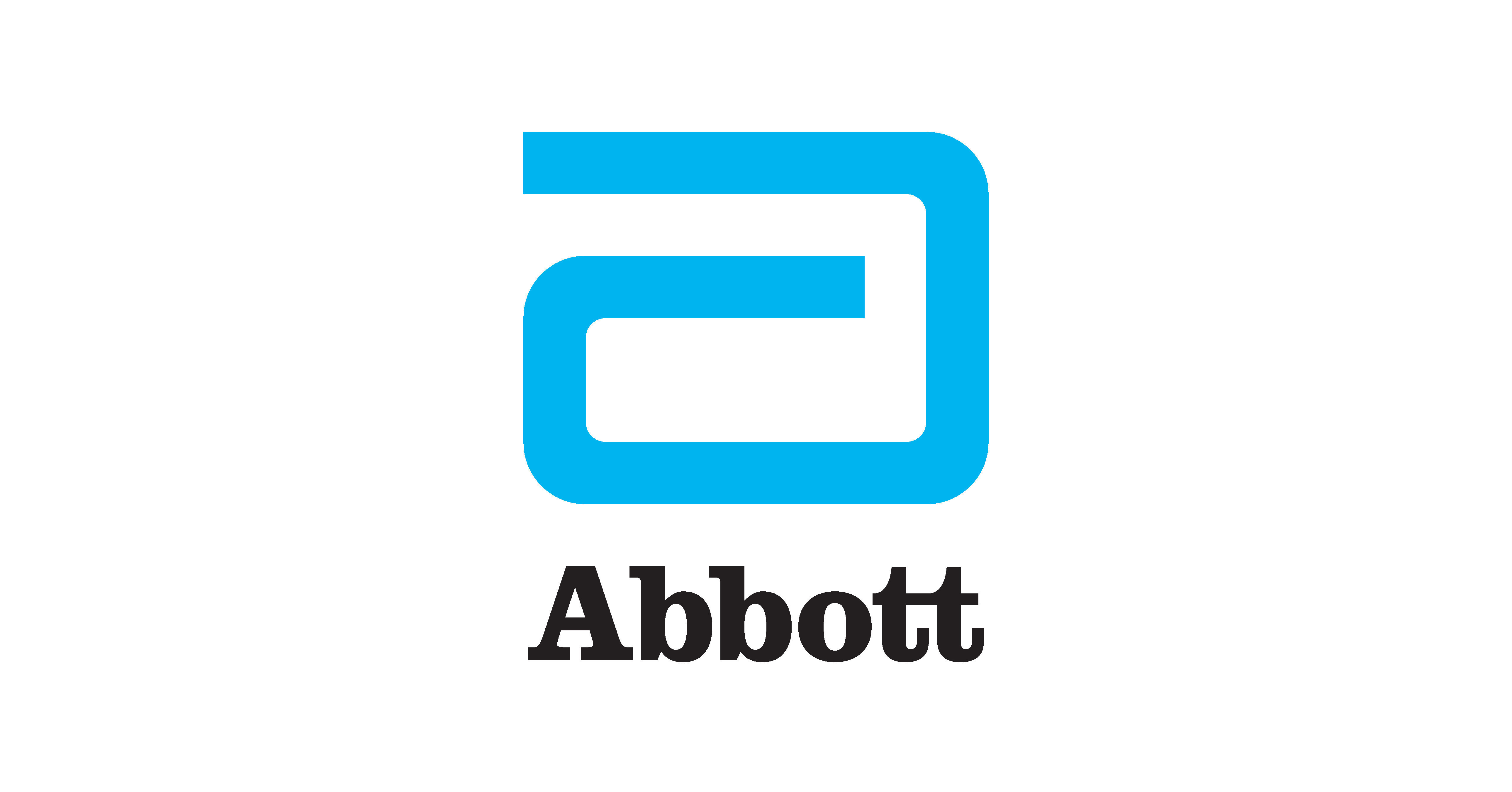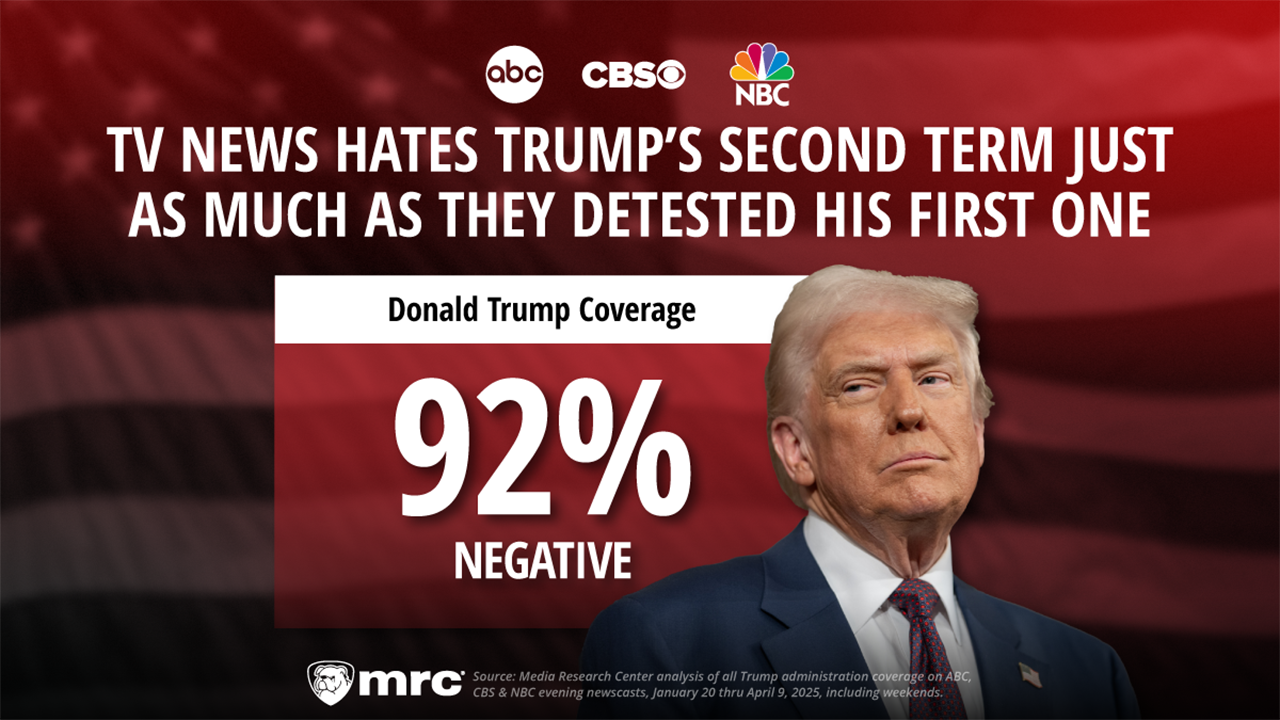Jamie L. LaReau, Detroit Free Press
Tue, May 6, 2025, 6:01 AM 11 min read
Mike Capone gets at least three calls a week in his suburban Philadelphia office from automakers or suppliers seeking his advice on where to hire data engineers and data scientists. Their tone is urgent and they're willing to be flexible on remote work or other perks.
Basically, they'll do anything to land these professionals.
Capone is CEO of Qlik, a company that makes artificial intelligence-based tools that help other companies analyze data. He is well-versed in supply chain management and said the demand for those two specific jobs has grown exponentially in recent months, including at the Detroit Three.
"Supply chain professionals have become the new margin protectors," Capone told the Detroit Free Press. "What I’m feeling in the market right now is a real sense of — I don’t want to say desperation, that might be too strong of a word — but of concern. The competition for resources is fierce, especially when you have the intersection of data science and automotive supply chain. Those people are very valuable right now.”
The frenzy to find these data wizards is a reaction to President Donald Trump enacting 25% tariffs on imported cars and certain car parts. Trump softened the blow of those tariffs — the taxes importers pay to bring goods across international borders — with two executive orders on April 29. They tweaked his original mandate, giving automakers who assemble cars in the United States some relief from the duties they will pay on imported parts. But the relief is minor and the tax remains costly until automakers figure out how to source more parts within the United States.
In short, the auto industry faces big supply chain challenges that only those who are experts at data analysis and manipulation can help solve.
“Any time there’s uncertainty, there’s more value to derive insights out of data, and that’s exactly what you’re seeing now," said Jason Miller, a professor of supply chain management at Michigan State University.
Auto tariff turmoil: Economists estimate new tariff costs to range between $2,000 to $12,000 per vehicle
Miller said that since the tariffs started taking effect earlier this year, they have led to the elimination of some jobs and creation of others.
Stellantis said in early April it would temporarily lay off some 900 workers at Michigan and Indiana plants in connection with tariffs. In March, steelmaker Cleveland-Cliffs idled its Dearborn operations, laying off 600, due to tariffs.
But beyond the factory floor, tariffs are creating jobs in the auto companies' logistics and procurement areas, often dubbed supply chain management.
.png)
 German (DE)
German (DE)  English (US)
English (US)  Spanish (ES)
Spanish (ES)  French (FR)
French (FR)  Hindi (IN)
Hindi (IN)  Italian (IT)
Italian (IT)  Russian (RU)
Russian (RU) 







Comments